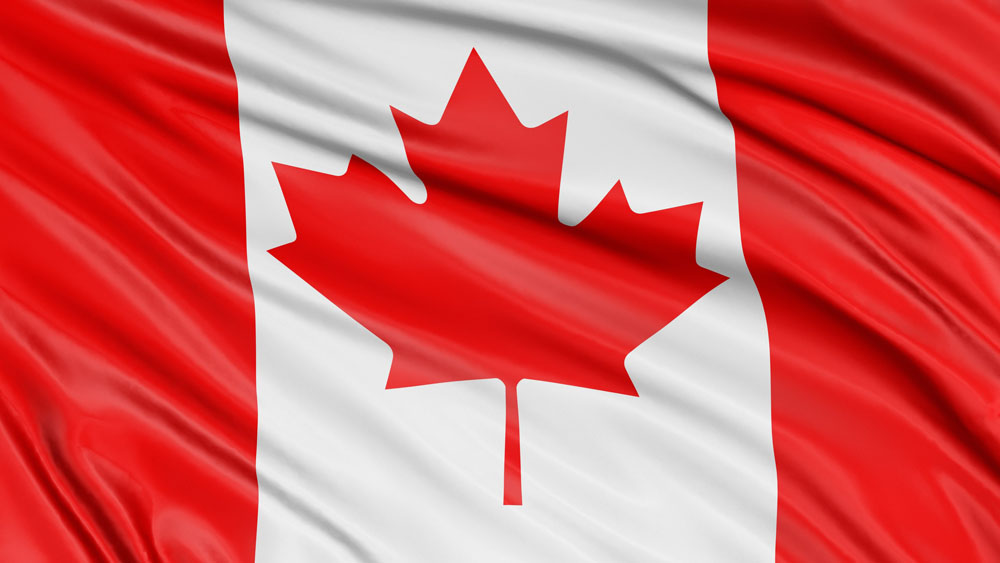
As one of the least populated regions in the world, with an average of just 3.6 inhabitants per square kilometer, Canada is an excellent choice for a language study trip, especially for nature lovers looking for the natural, pristine and wild. Wilderness as far as the eye can see - sparkling turquoise mountain lakes, snow-capped peaks of the Rocky Mountains, moose, black bears and lynx in the northern forests, salmon, lobster and herring in the Newfoundland Bank, polar bears, seals and whales in the Arctic waters.
But of course Canada is not just made up of seemingly untouched nature and virtually unpopulated parts in the north of the country. Canada is also home to cities with over a million inhabitants: Toronto, Montreal and Calgary. Almost four-fifths of Canadians live in cities, mainly in the provinces of Ontario and Québec in the south-east of the country and along the border with the United States of America respectively. In addition to economic factors, one of the reasons for this is certainly the sometimes freezing cold in the north of the country - down to minus 30°C in the capital of the Nunavut territory, Iquluit.
Canada, the land of extremes. Cities with millions of inhabitants on the one hand, untouched nature on the other. Canada is therefore perfect for a language study trip: learning English in a sociable atmosphere during the week and enjoying peace and quiet at the weekends in one of the country's more than 40 national parks.
But which city should you choose? The vibrant life of Toronto, on the shores of Lake Ontario, with its museums, its culinary diversity, its parks, gardens, churches, the CN Tower and the legendary Queen Street? Or would you prefer Vancouver, which was only built in the 1860s and lies on an arm of the Pacific Ocean, surrounded by towering mountain ranges, with Stanley Park, the Museum of Anthropology about First Nations culture, its beaches and Canada's largest Chinatown?
Although English and French are the official languages in Canada, English is the mother tongue of almost 67 percent of the population. Just over 20 percent of all Canadians have another mother tongue. French is predominantly spoken in the province of Québec, where French is also the official language and is the only region of the country where the French-speaking population is in the majority. A language study trip to learn English is therefore not necessarily recommended in the capital Québec (both the province and the capital have the same name) or in the province's largest city, Montréal.
Most language students who want to study English in Canada are therefore drawn to Toronto, Vancouver, Victoria, Kelowna, Whistler or Calgary, although all of these cities, apart from Toronto, are located in the southwest of the country.
The cities of Whistler and Calgary are ideal for those who want to combine their English language study trip with skiing or snowboarding. Those who like it a little warmer can opt for Kelowa, a city that doesn't seem at all Canadian, with a pleasant climate, one of Canada's largest wine regions and even apricot orchards. Vancouver Island, where Victoria is located, also has a mild climate, with extensive forests along the coast, untouched nature and the opportunity to go whale watching on boat trips. It also boasts a popular ski resort on the peaks of the surrounding region, just like Vancouver, with its large stretches of coastline and proximity to nature. Those who prefer a multicultural metropolis that offers a wonderful recreational area in the form of Lake Ontario may prefer Toronto.
No matter which city you choose for your language study trip in Canada, you'll always be close to nature, which, depending on the region you choose, allows you to take day or weekend trips to Niagara Falls, the Rocky Mountains or the country's national parks, for example, while still enjoying culturally rich days and a colorful nightlife.

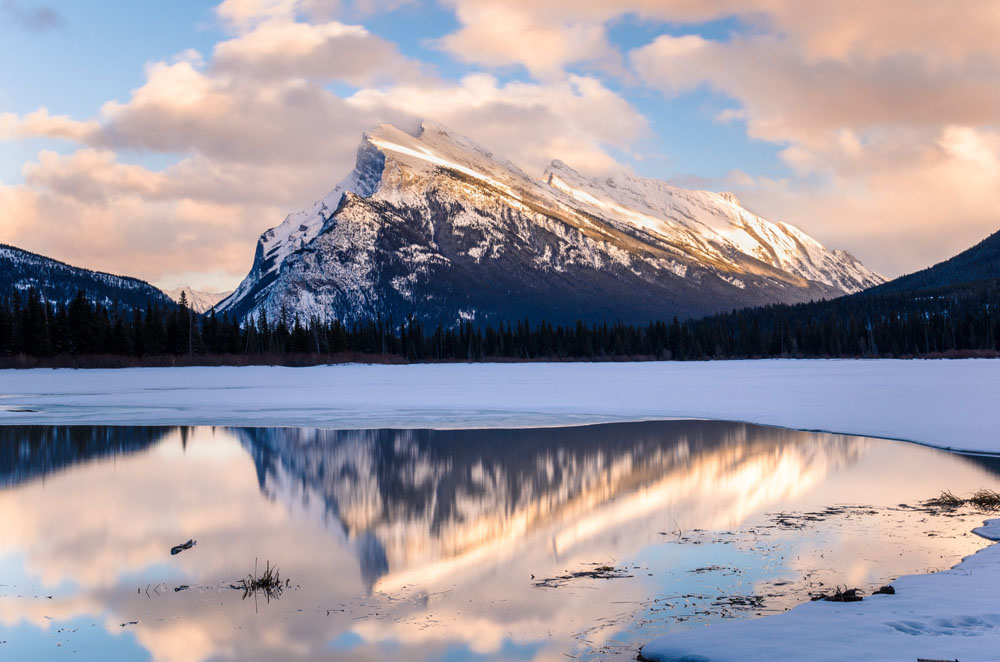
Well, Canada is not a stone's throw away from Switzerland, but non-stop flights to Toronto in the east of the country take around 8 ½ hours, which is perfectly acceptable. Non-stop flights to the southwest coast of the country, for example to Vancouver, usually take two hours longer. Very short language courses lasting two weeks are therefore not recommended for Canada, as the journey is too long and two days should still be allowed for the outward and return journey. The six different time zones and the associated time difference should also be taken into account. Three weeks should therefore be the minimum for a language study trip to Canada.
Alternatively, if you only have a short time available, a language study trip to England or Malta may be a better option. You can reach both islands by plane from Zurich in just under two hours and will also find extremely attractive places to visit there.
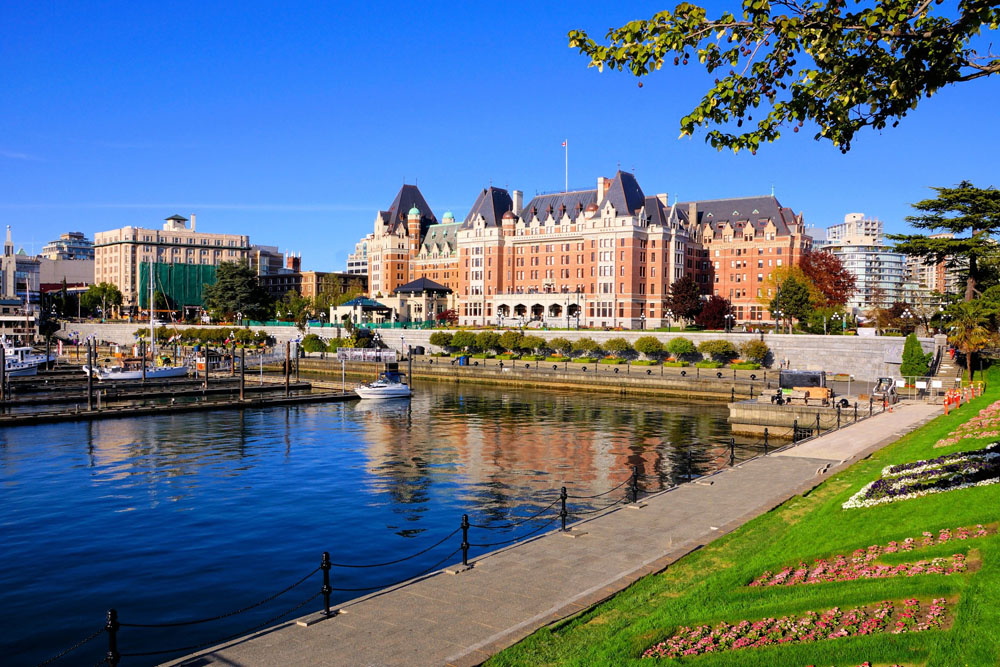
Canada is the second largest country in the world with an area of almost 10,000,000 square kilometers and extremely diverse climate zones, ranging from a temperate maritime climate in the west to a polar climate in the north. In the provinces of Ontario, with the city of Toronto, and in Québec, the seasons are most pronounced, with cold winters, hot and humid summers and mild spring and fall. You will find a much milder climate in the west of the country on the Pacific coast, in British Columbia, where the summers are warm and the winters comparatively mild.
Between June and September, Canada is a great place to go on vacation and language vacations, with mild temperatures on the coasts and sometimes very hot temperatures in the south of the country. May can sometimes still be a little chilly, with an average of 13°C in Vancouver. For the north of the country, only the months of July and August are recommended, unless you prefer sub-zero temperatures.
Ski season in the Rocky Mountains is from November to April, while in September and October you can enjoy the Indian summer in the provinces of Ontario and Québec with its magnificent autumnal foliage.
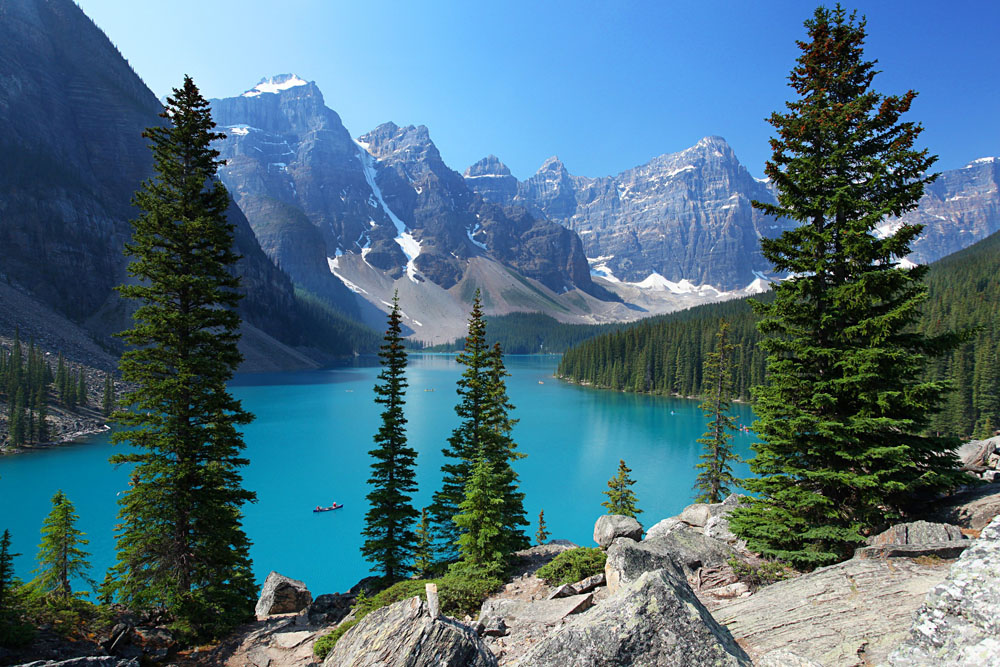
Canadian language schools offer a wide range of language courses, from standard courses (usually 20 lessons per week) to individual lessons, business English courses and combination courses (standard plus individual), semi-intensive courses (about 25 lessons per week), intensive courses (usually 30 lessons per week) and diploma preparation courses (Cambridge certificates, IELTS, TOEFL, TOEIC). The number of lessons per week can vary depending on the language school and is not always 45 minutes, but often 40 or even 60 minutes per lesson. It is therefore always worth taking a closer look to ensure that you don't end up booking too many or too few lessons.
The entry requirements for Canada changed in 2016, meaning that citizens of visa-free countries, including Switzerland, must have a valid travel permit,Electronic Travel Authorization(eTA), which you can apply for online, but no visa is required for stays of up to six months. Of course, you must also have a valid Swiss passport; some airlines require this to be valid for at least six months after the date of departure. You should also book a return flight ticket and be able to present it on arrival if required. Further information, including information on studying in Canada, can be obtained from theCanadian Embassyin Berne.
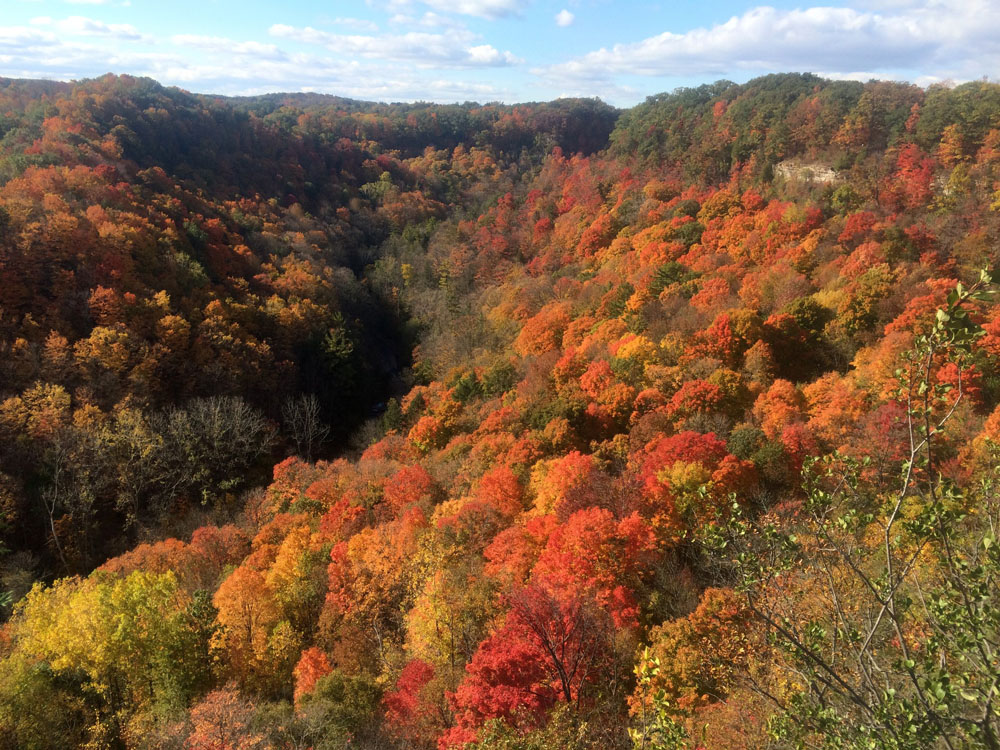
The Federal Department of Foreign Affairs (FDFA) considers the political situation in the country to be stable (July 2017) and the crime rate is also extremely low compared to many other countries - Toronto, for example, is considered the safest major city in North America. Nevertheless, you should of course exercise caution here too, do not leave any valuables unattended and always lock your accommodation and, if necessary, your rental car.
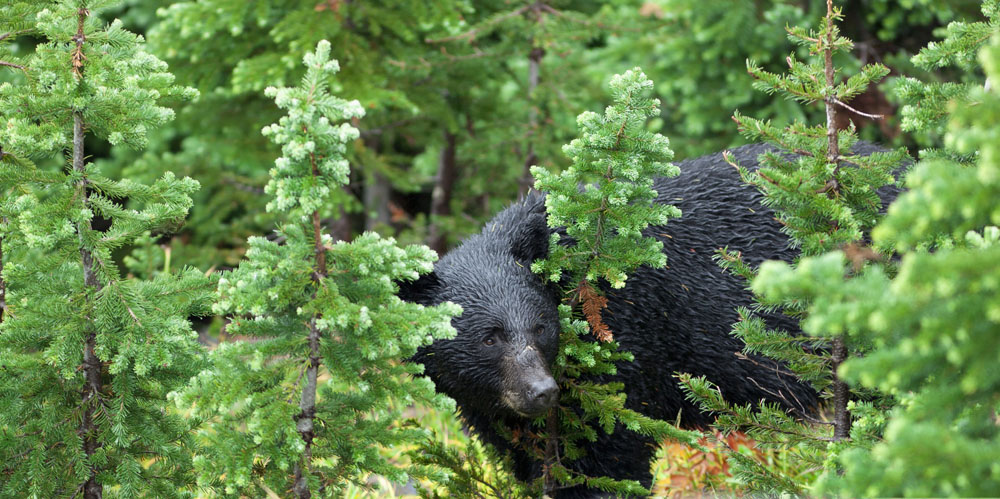
The cost of a language course in Canada and suitable accommodation can vary greatly depending on the school and hostel. You can expect to pay between CAD 2,000 and 2,700 for a four-week standard language course including accommodation in a single room with a host family including half board or in a residence without meals, sometimes a little more. Accommodation in one-room apartments is comparatively expensive, so you can expect to pay over CAD 4,000 for the four weeks. In addition, there are often registration fees for the accommodation and the school as well as costs for school materials and possibly other supplements, and of course flights, pocket money, transfer costs, mobility costs, costs for meals, excursions, leisure time, travel insurance and more. When making all your bookings, please make sure that the prices are quoted in Canadian dollars (CAD) and not in CHF or EUR.